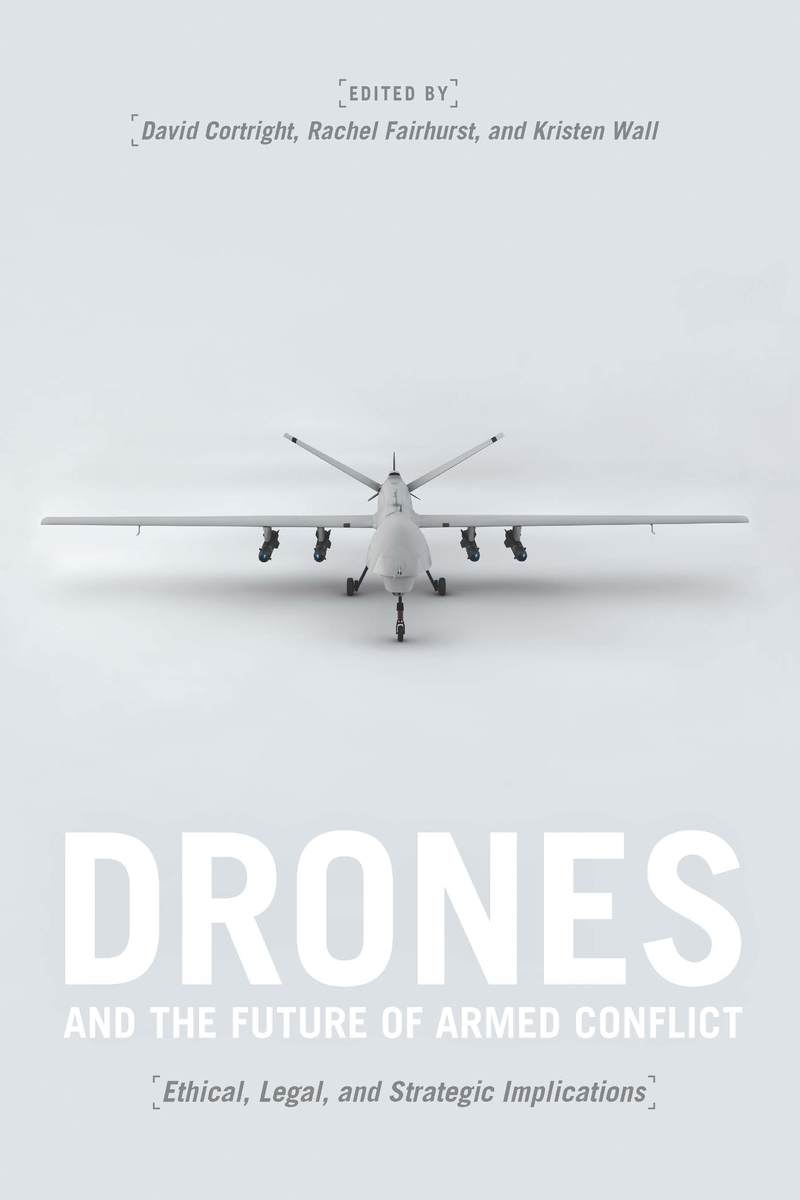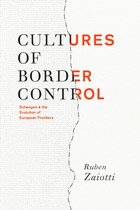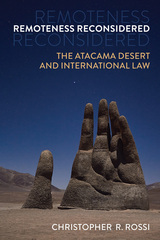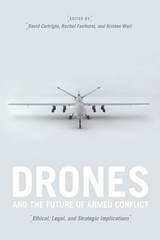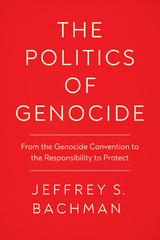Drones and the Future of Armed Conflict: Ethical, Legal, and Strategic Implications
University of Chicago Press, 2015
Paper: 978-0-226-47836-4 | Cloth: 978-0-226-25805-8 | eISBN: 978-0-226-25819-5
Library of Congress Classification KZ6680.D758 2015
Dewey Decimal Classification 341.63
Paper: 978-0-226-47836-4 | Cloth: 978-0-226-25805-8 | eISBN: 978-0-226-25819-5
Library of Congress Classification KZ6680.D758 2015
Dewey Decimal Classification 341.63
ABOUT THIS BOOK | AUTHOR BIOGRAPHY | REVIEWS | TOC | REQUEST ACCESSIBLE FILE
ABOUT THIS BOOK
During the past decade, armed drones have entered the American military arsenal as a core tactic for countering terrorism. When coupled with access to reliable information, they make it possible to deploy lethal force accurately across borders while keeping one’s own soldiers out of harm’s way. The potential to direct force with great precision also offers the possibility of reducing harm to civilians. At the same time, because drones eliminate some of the traditional constraints on the use of force—like the need to gain political support for full mobilization—they lower the threshold for launching military strikes. The development of drone use capacity across dozens of countries increases the need for global standards on the use of these weapons to assure that their deployment is strategically wise and ethically and legally sound.
Presenting a robust conversation among leading scholars in the areas of international legal standards, counterterrorism strategy, humanitarian law, and the ethics of force, Drones and the Future of Armed Conflict takes account of current American drone campaigns and the developing legal, ethical, and strategic implications of this new way of warfare. Among the contributions to this volume are a thorough examination of the American government’s legal justifications for the targeting of enemies using drones, an analysis of American drone campaigns’ notable successes and failures, and a discussion of the linked issues of human rights, freedom of information, and government accountability.
Presenting a robust conversation among leading scholars in the areas of international legal standards, counterterrorism strategy, humanitarian law, and the ethics of force, Drones and the Future of Armed Conflict takes account of current American drone campaigns and the developing legal, ethical, and strategic implications of this new way of warfare. Among the contributions to this volume are a thorough examination of the American government’s legal justifications for the targeting of enemies using drones, an analysis of American drone campaigns’ notable successes and failures, and a discussion of the linked issues of human rights, freedom of information, and government accountability.
See other books on: Aeronautics, Military | Drones | Ethical | Military ethics | Military Science
See other titles from University of Chicago Press
